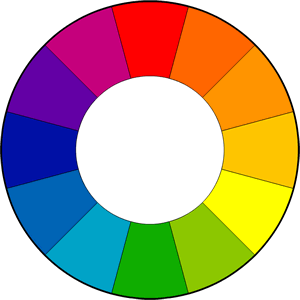I must agree with some of the initial criticism of Oroonoko. As I first read it, I was under the impression that Aphra Behn seemed pro-slavery, or at least not against it. Her ideas seem to contradict each other within the story, but she is not the only one who showed a contradiction in regards to slavery.
John Locke also seemed to ride the fence. In his First Treatise, he appears anti-slavery, but by the second he justifies it. He determines the right circumstances or wording for slavery.
That's the thing about writing about slavery during a time of slavery: it's messy. I feel as though someone could be entirely anti-slavery and still say something that another anti-slavery advocate disagrees with. So, imagine struggling with how to vocalize your ideas on slavery when it is still going on and you've seen it first hand. It isn't going to come across to everyone.
Where do people draw the line on when having slavery is acceptable? When they're hired? Prisoners of war? When their a different skin tone? So many different lines have been drawn, and sometimes its hard to completely step over the line and draw a whole new one so point blank.
Where Behn's lines may not always be clear, I would say that overall the picture depicted is not a pleasant one. And when you have such an unclean picture people do one of two things: They either distort the picture to make it appear okay (essentially lying to themselves to choose ignorance) or they attempt to change the picture all together and clean it up. I would say that she is ,being a character if that time, dabbling in the distortion to hopefully, all together, clean it up.
It may be easier to draw lines today, look back, and say, "Hey, slavery was sooo bad," but in the moment, things were different. Not everyone was able to approach it like this:



